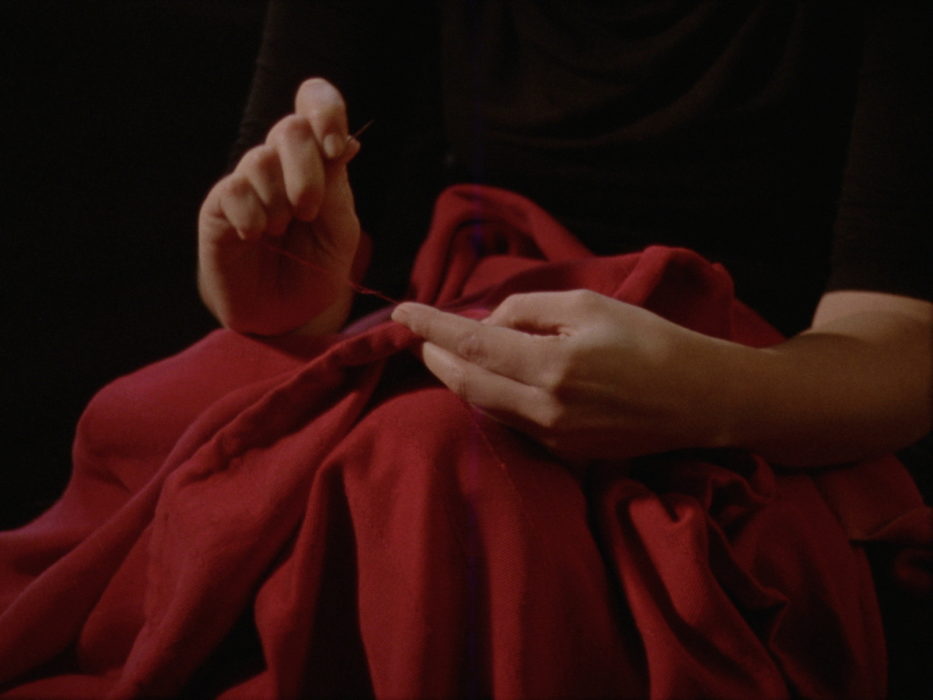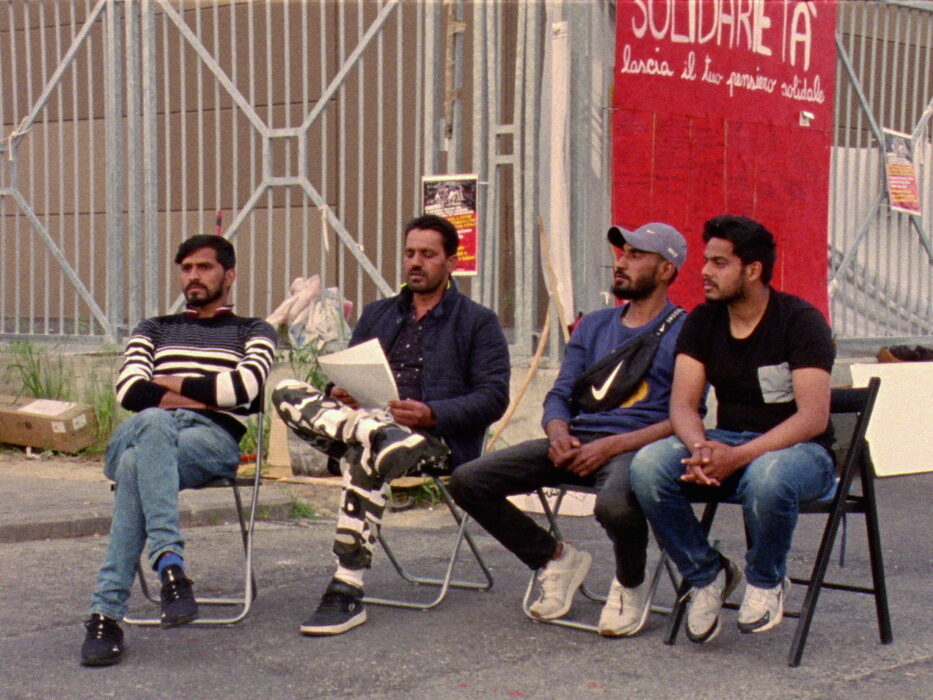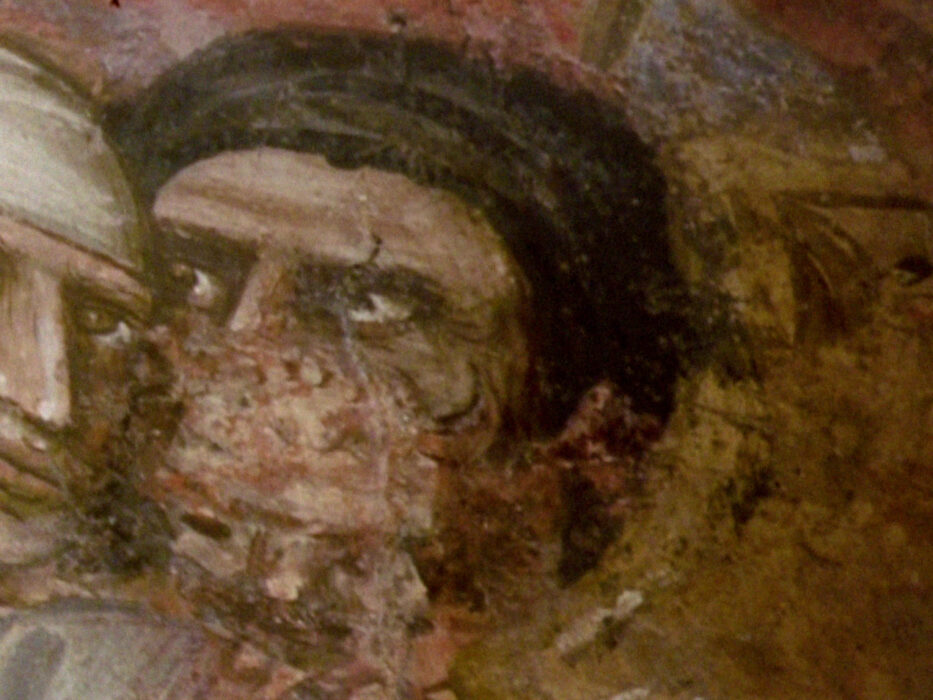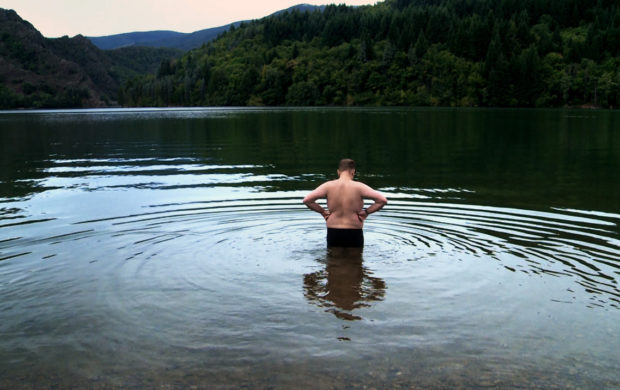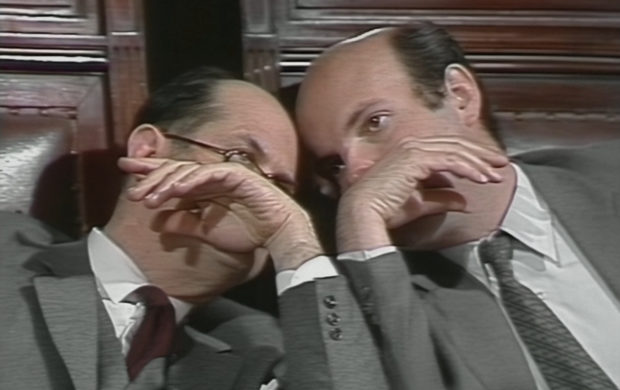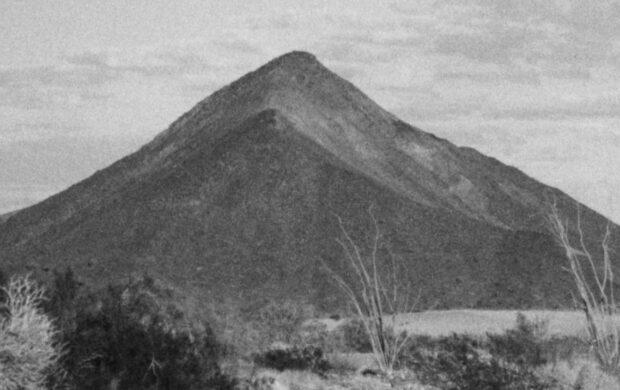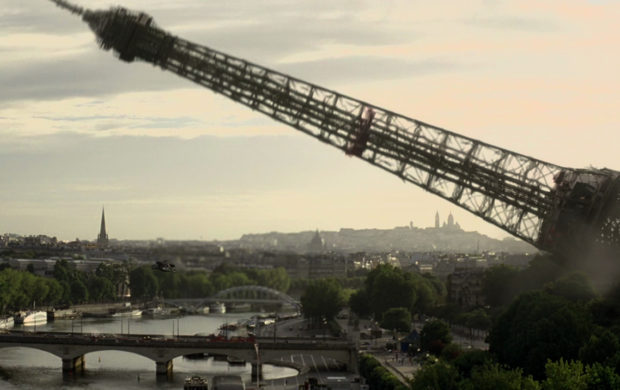CIOMPI
- 2023
- France
- 83 min
- Languages: French, Italian, Urdu
SACEM AWARD
In the Middle Ages, in Florence, Italy, a revolt of the poorest wool factory workers, the Ciompi, overthrew the government. Today, as I talk to the activist historian who brought this revolt to light, the workers of the modern textile industry are rising up.
The many films that delve into the history of social struggles in order to extend their teachings into the present must contend with a painstaking and arduous task, flanked by two pitfalls at least. Films that lean too heavily into the past run the risk of embalming it in historical memory, where no dialogue can take place. But too much emphasis on the present exposes them to another threat: a conflation of struggles across time into an ageless pattern, without regard for circumstances. Agnès Perrais traces the fight of the Ciompi which occurred in Florence in the 14th century and which saw the “lowly folk” of the textile industry lead one of the first workers’ uprisings in Europe. In doing so, she makes a subtle hauntological assumption. Never overstating its purpose, the film imagines this glorious moment of resistance as a tenacious and kind spectre whose vibrations run along the stones of Florence and resonate in the voices populating the soundtrack along with the filmmaker’s. The first voice we hear, ideally didactic and compellingly expressive, belongs to an Italian historian. He has found in the study of the Ciompi a detour allowing him to pursue the activist calling that led him to armed struggle as a young man. The other voice, a composite made up of many parts, calls out from the industrial outskirts of Florence where, 600 years later, other exploited workers of the textile industry have picked up the fight. One of these voices manages to capture in one simple sentence the continuity aptly conveyed throughout the film: “When you’re right, nothing can stop you.”
Jérôme Momcilovic
- Production : L'image d'après (Lyza Heurtier Manzanares, Orlane Dumas), La surface de dernière diffusion
- Photography : Frédérique Menant, Agnès Perrais
- Sound : Marie Bottois, André Fevre
- Editing : Marie Bottois, André Fevre
- Music : Glenn Marzin
- Print source : L'Image d'après - contact@limagedapres.org
